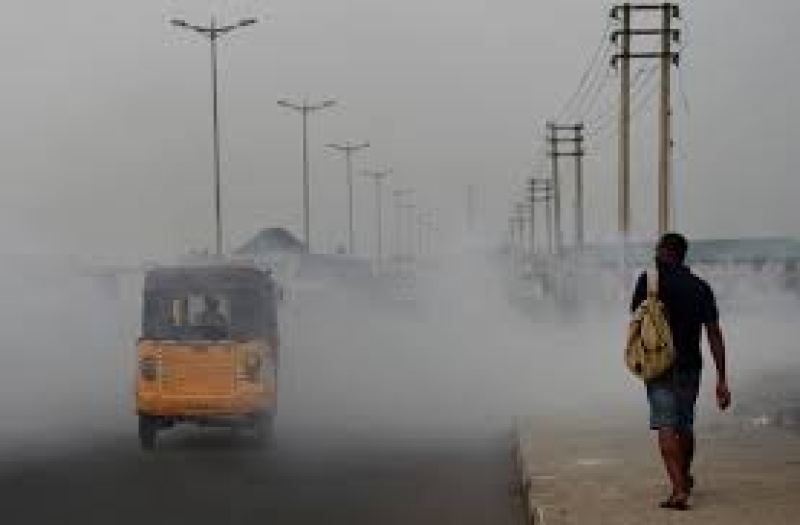- CA Yunus pays homage to Liberation War martyrs on Victory Day |
- Bangladesh capital market extends losing streak for second day |
- Bangladesh celebrates Victory Day Tuesday |
- 'Different govts presented history based on their own ideologies': JU VC |
Dhaka’s air turns unhealthy on Saturday

Dhaka, the overcrowded capital city of Bangladesh, has ranked sixth on the list of cities with the worst air quality with an AQI score of 152at 9:19 am this morning.
The capital's air was classified as ‘unhealthy’, according to the AQI index.
Egypt’s Cairo, Democratic Republic of the Congo’s Kinshasa and Afghanistan’s Kabul occupied the first, second and third spots on the list, with AQI scores of 173, 173 and 158 respectively.
An AQI score between 50 and 100 is considered ‘moderate’, usually prompting sensitive individuals to limit prolonged outdoor exertion. A score between 101 and 150 is considered ‘unhealthy for sensitive groups’, 150 to 200 is ‘unhealthy’, 201 to 300 is ‘very unhealthy’, and a reading of 301 or more is considered ‘hazardous’, posing serious health risks to residents.
The AQI, an index for reporting daily air quality, informs people how clean or polluted the air of a certain city is and what associated health effects might be a concern for them.
The AQI in Bangladesh is based on five pollutants: particulate matter (PM10 and PM2.5), NO2, CO, SO2, and ozone.
Dhaka has long been grappling with air pollution issues. Its air quality usually turns unhealthy in winter and improves during the monsoon.
As per World Health Organization (WHO), air pollution kills an estimated seven million people worldwide every year, mainly due to increased mortality from stroke, heart disease, chronic obstructive pulmonary disease, lung cancer, and acute respiratory infections, reports UNB.

